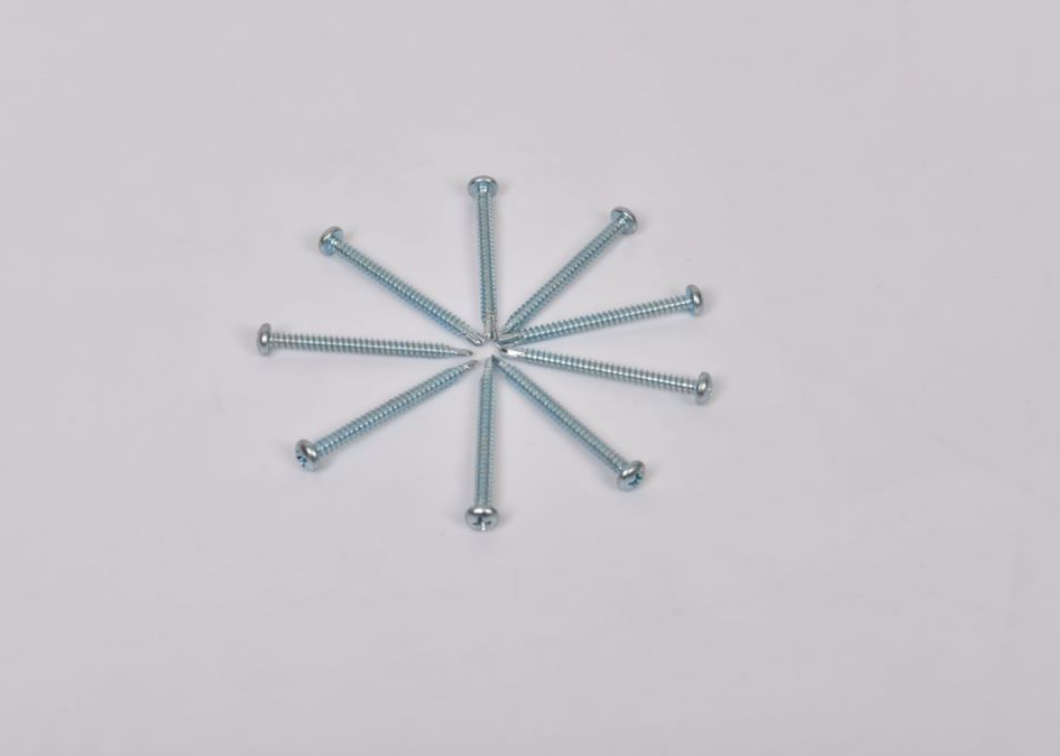countersunk flat head self drilling screw quotes
Understanding Countersunk Flat Head Self-Drilling Screws A Comprehensive Guide
In the world of construction and woodworking, screws play a vital role in ensuring the integrity and durability of structures. Among the various types of screws available, countersunk flat head self-drilling screws have garnered significant attention for their efficient performance and functional design. This article explores the features, benefits, applications, and considerations surrounding these specialized screws.
What Are Countersunk Flat Head Self-Drilling Screws?
Countersunk flat head self-drilling screws are designed with a flat head that allows the screw to sit flush with the surface of the material into which it is driven. This design is particularly useful in applications where a smooth finish is required. The self-drilling feature means that the screw comes with a pointed tip that can penetrate materials like metal or wood without the need for a pre-drilled hole, making installation quicker and easier.
Key Features
1. Countersunk Head The flat head design allows for a seamless appearance, making these screws ideal for decorative applications where aesthetics matter. 2. Self-Drilling Tip This feature eliminates the need for pre-drilling, saving time and labor costs while also enhancing the overall efficiency of the installation process. 3. Material Variety These screws are typically made from corrosion-resistant materials such as stainless steel or galvanized steel, ensuring durability in various environments. 4. Thread Design The thread on these screws is engineered for better grip, helping to secure materials tightly together and resist loosening over time.
Benefits of Using Countersunk Flat Head Self-Drilling Screws
- Time Efficiency The self-drilling capability expedites the installation process, allowing contractors and DIY enthusiasts to complete projects faster than when using traditional screws that require pilot holes. - Enhanced Aesthetics The flush finish provided by the countersunk head adds a polished look to projects, making these screws ideal for visible installations where appearance is crucial. - Versatility These screws can be used in a wide range of materials, including metal, wood, and plastic, making them versatile for various construction and repair tasks. - Strong Hold The combination of a sharp drilling tip and well-designed threads provides a strong hold, reducing the likelihood of loosening due to vibrations or other stresses.
countersunk flat head self drilling screw quotes

Applications
Countersunk flat head self-drilling screws are commonly used in industries such as
- Construction For fastening drywall, metal studs, and other building materials. - Furniture Assembly To provide a clean look in visible areas of furniture, including cabinetry and shelving. - Automotive In vehicle manufacturing and repairs, where durability and appearance are both important. - Metalworking To fasten metal components securely while maintaining a neat finish.
Considerations When Choosing Screws
When selecting countersunk flat head self-drilling screws, it is essential to consider several factors
1. Material Compatibility Ensure the screw material is appropriate for the material you are working with to avoid corrosion and ensure longevity. 2. Length and Diameter Choose the right size to ensure a secure fit and optimal performance based on the thickness of the materials being joined. 3. Coating and Finish Consider the environment in which the screws will be used. Coatings like zinc or powder coating can provide added protection against corrosion.
Conclusion
Countersunk flat head self-drilling screws are an exceptional choice for various applications due to their unique design and efficient performance. By understanding their features, benefits, and suitable applications, you can make informed decisions when selecting screws for your next project. Whether you are a professional contractor or a DIY enthusiast, incorporating these screws can enhance the overall quality and appearance of your work. With advancements in screw technology, the future looks promising for these essential fasteners, making them a staple in both commercial and residential applications.
-
Top Choices for Plasterboard FixingNewsDec.26,2024
-
The Versatility of Specialty WashersNewsDec.26,2024
-
Secure Your ProjectsNewsDec.26,2024
-
Essential Screws for Chipboard Flooring ProjectsNewsDec.26,2024
-
Choosing the Right Drywall ScrewsNewsDec.26,2024
-
Black Phosphate Screws for Superior PerformanceNewsDec.26,2024
-
The Versatile Choice of Nylon Flat Washers for Your NeedsNewsDec.18,2024










